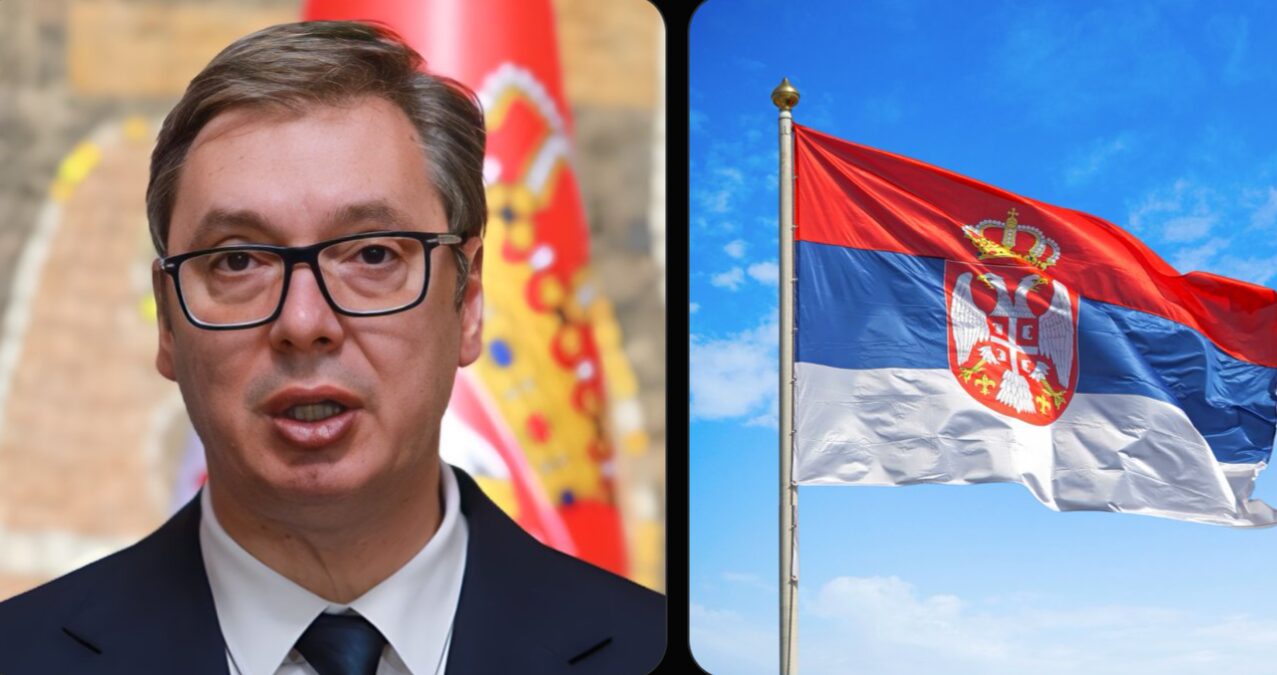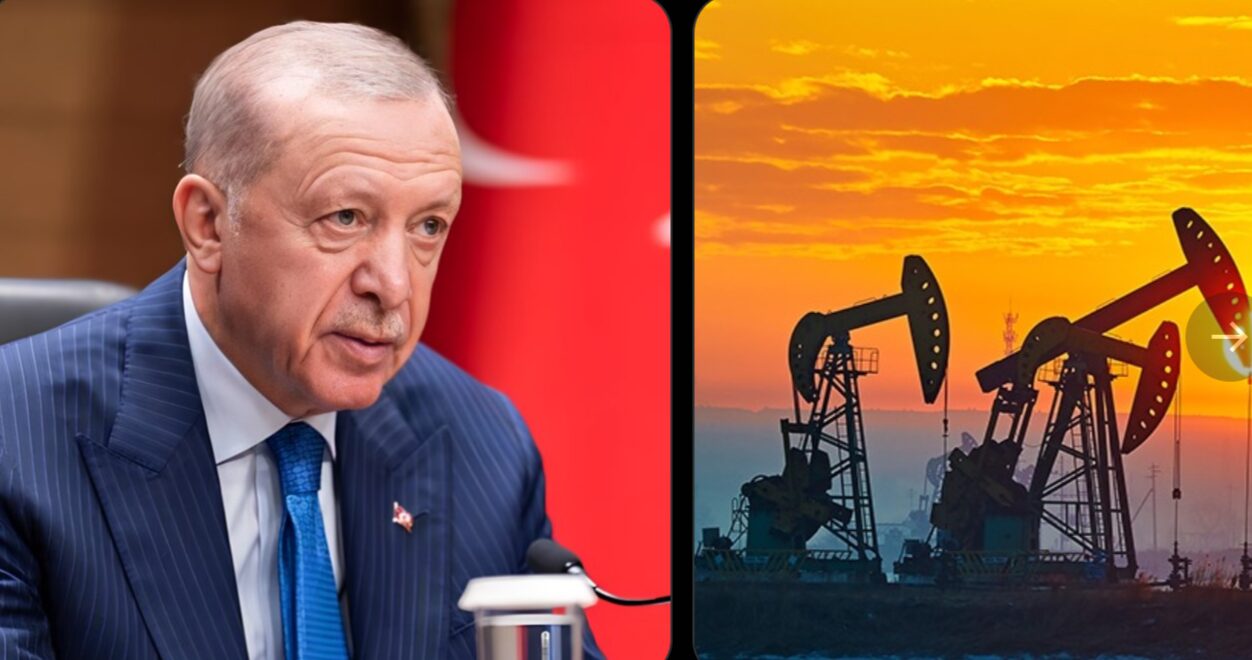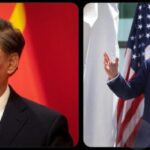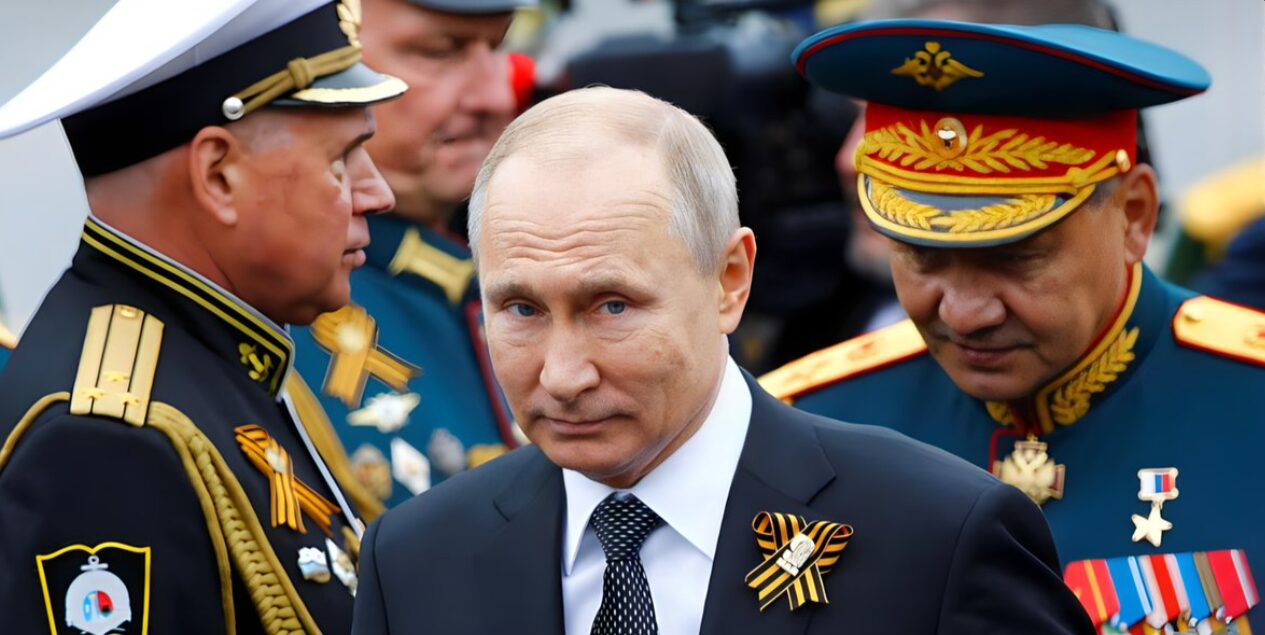Serbian President Vučić announces that Two Major Countries are set to Withdraw their Kosovo Recognition
In a significant development on the global stage, Serbian President Aleksandar Vučić has recently announced that two major countries are preparing to withdraw their recognition of Kosovo’s independence. This decision, which has been met with both optimism and concern in different corners of the world, marks a pivotal moment in the long-standing geopolitical dispute surrounding the status of Kosovo.
The Background of Kosovo’s Declaration of Independence
To understand the weight of Vučić’s announcement, it’s essential to look back at the origins of Kosovo’s independence. In 2008, Kosovo declared its independence from Serbia, a move that was recognized by over 100 countries, including major Western powers such as the United States and the European Union member states. However, Serbia, supported by countries like Russia and China, has refused to recognize Kosovo as a sovereign state.
The conflict stems from a complex history, including the brutal wars of the 1990s in the former Yugoslavia. The NATO-led intervention in Kosovo in 1999, following widespread ethnic violence, further complicated relations. Kosovo’s independence remains a highly sensitive issue for both Serbia and the international community.
The Impact of Kosovo’s Recognition and Non-Recognition
Over the years, the recognition of Kosovo has played a crucial role in shaping its international relations. Kosovo’s leadership has worked tirelessly to secure recognition, and many nations have followed suit. However, the withdrawal of recognition by any significant country can deal a severe blow to Kosovo’s diplomatic efforts and its aspirations for broader international acceptance.
Vučić’s announcement of two major countries pulling back their recognition of Kosovo is seen as a strategic win for Serbia, especially in the context of ongoing negotiations between the two nations. It also signals a shift in the international diplomatic landscape regarding the Balkans.
The Importance of Vučić’s Statement
President Vučić’s statement holds considerable weight, given his position as the leader of Serbia. His announcement has come at a time when tensions between Kosovo and Serbia remain high, despite years of dialogue and peace talks brokered by the European Union. For Serbia, the withdrawal of recognition by key nations serves as a victory in its efforts to challenge Kosovo’s independence on the global stage.
Vučić’s claim is significant not only for the implications it holds for Kosovo but also for the broader geopolitical balance in the Balkans and beyond. As Serbia has sought closer ties with Russia and China, the announcement suggests that these two countries—who have long opposed Kosovo’s independence—may have found additional support in their stance.
What Does This Mean for Kosovo’s Future?
For Kosovo, this revelation poses a serious diplomatic challenge. Having gained recognition from many nations, Kosovo has been steadily working toward greater integration into international organizations, including the United Nations. The withdrawal of recognition by two major countries could hinder Kosovo’s aspirations for full membership in global institutions.
While Kosovo has worked diligently to foster diplomatic relations across the world, it faces the ongoing challenge of dealing with countries that still regard its independence as illegal. The international community’s division on this issue reflects the complexities of global politics, as well as the deeply entrenched historical and cultural ties that nations like Serbia, Russia, and China hold with the region.
The Reactions from the International Community
The announcement has already sparked reactions from both supporters and critics of Kosovo’s independence. On one hand, countries that have been allies of Serbia, such as Russia and China, are likely to view this move as a positive development in their ongoing support for Serbia’s territorial integrity.
On the other hand, countries that have recognized Kosovo’s independence, particularly within the European Union and the United States, may see this as a setback for Kosovo’s efforts to solidify its place in the international community. The situation will undoubtedly influence ongoing negotiations and diplomatic efforts in the region.
The Ongoing Role of International Diplomacy
This latest development underscores the crucial role that international diplomacy plays in resolving disputes. Kosovo’s status remains one of the most challenging issues in the Balkans, and the road to resolution remains uncertain. While talks between Kosovo and Serbia continue to be facilitated by the European Union, it is clear that a comprehensive agreement is still elusive.
Serbia’s position on Kosovo remains firm, and Vučić’s announcement serves as a reminder that the political landscape in the region is far from stable. With two countries set to withdraw their recognition of Kosovo, it is likely that diplomatic pressures will continue to mount.
The international community’s engagement in the Kosovo issue will remain critical. The situation calls for a careful balance of negotiation, diplomacy, and compromise to achieve a lasting resolution that addresses the needs and concerns of all parties involved.
Conclusion: What Lies Ahead?
The withdrawal of recognition of Kosovo by two major countries, as announced by Serbian President Vučić, marks a pivotal moment in the ongoing dispute over Kosovo’s independence. The implications of this move will reverberate not only in the Balkans but also across the broader international community.
As Serbia celebrates this diplomatic victory, Kosovo faces another challenge in its pursuit of full international recognition. With the issue of Kosovo’s independence remaining unresolved, it is clear that the path to a lasting resolution will require continued dialogue, persistence, and international cooperation.
In the coming months, all eyes will be on the reactions from the global community, as well as any potential shifts in the international recognition of Kosovo. Only time will tell how this latest development will shape the future of the Balkans and the broader geopolitical landscape.

















Post Comment